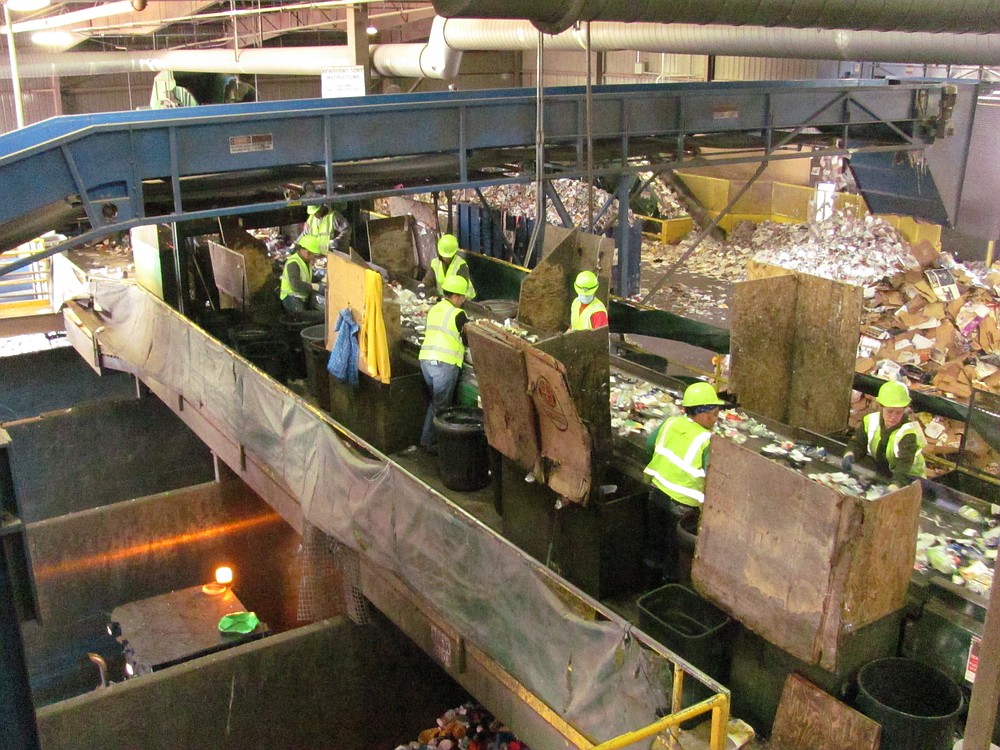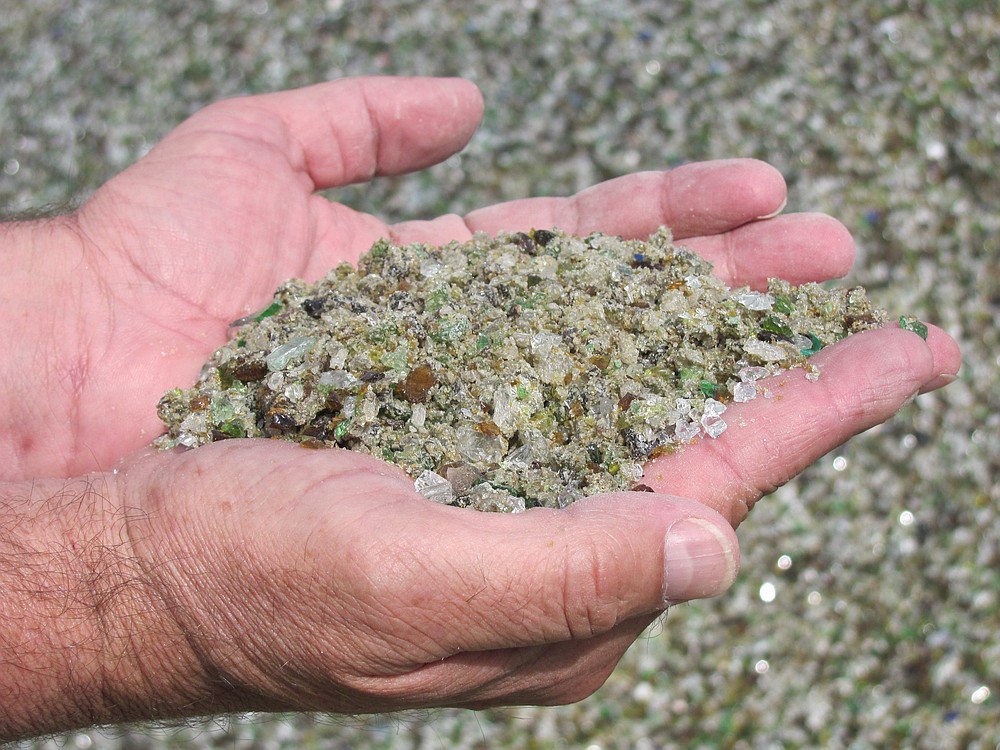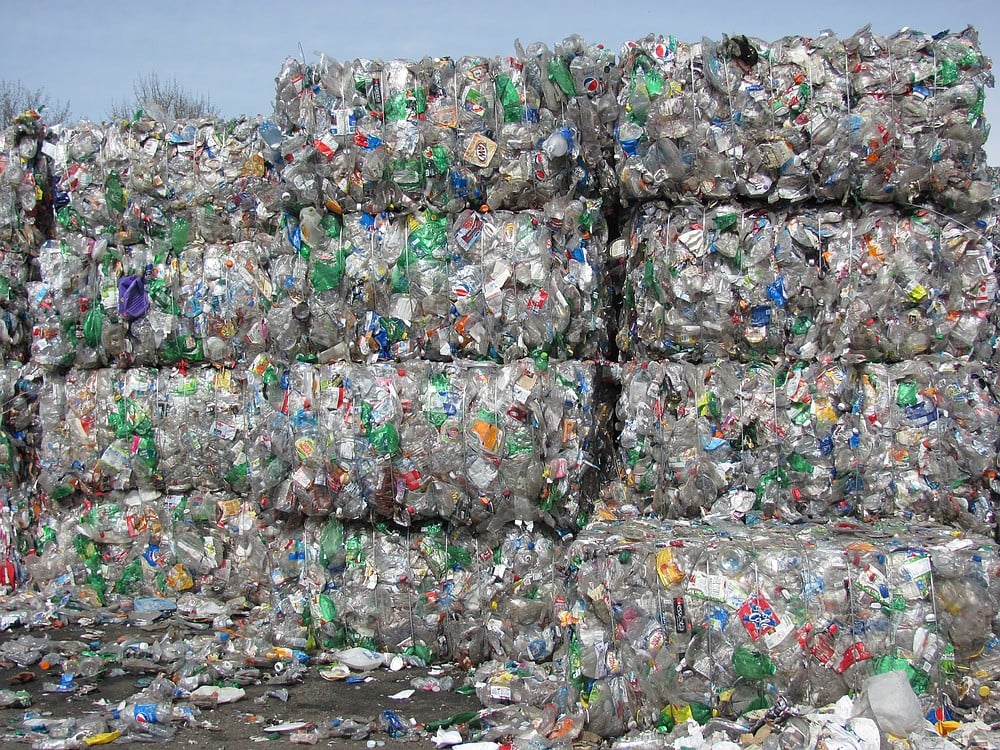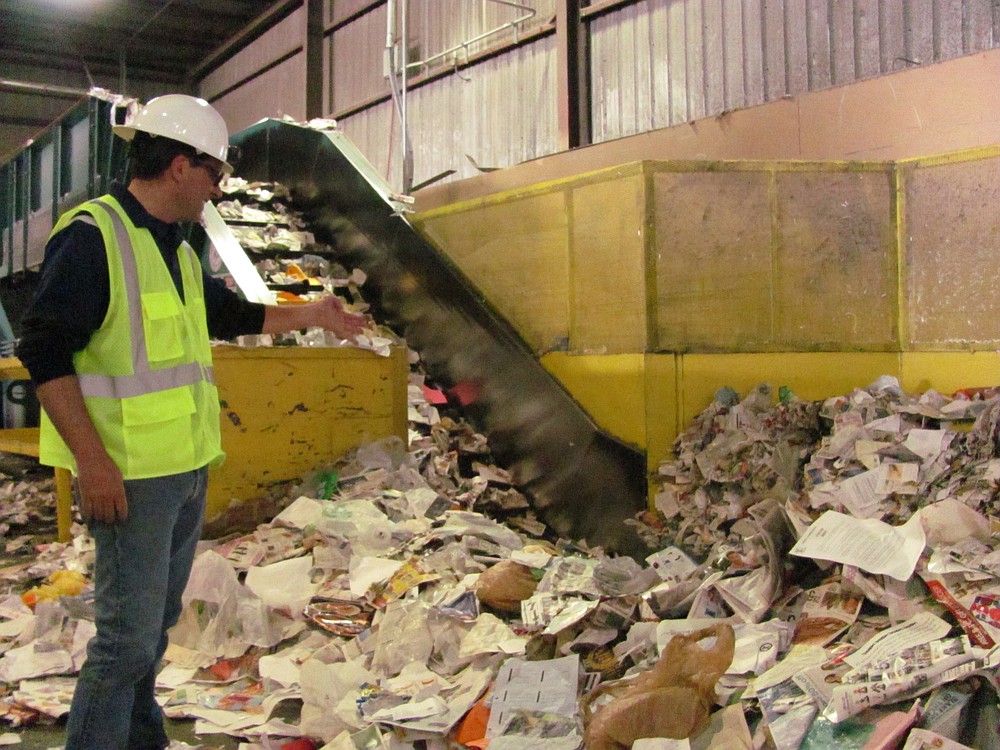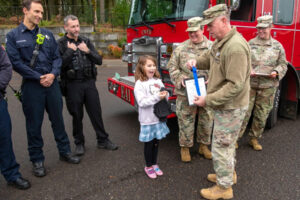Waste Connections has three transfer stations where people can take garbage, recycling and other materials they no longer need. There is also a free hazardous household waste drop-off offered at all locations.
West Van Materials Recovery Center
737-1727
6601 N.W. Old Lower River Road, Vancouver
Hours: Monday through Friday, 6 a.m. to 6 p.m., Saturday from 8 to 4 p.m.
Hazardous waste drop off: Friday and Saturday, 8 a.m. to 4 p.m.
Central Transfer and Recycling Center
256-8482
11034 N.E. 117th Ave., Vancouver
Hours: Monday through Friday, 6 a.m. to 6 p.m., Saturday and Sunday, 8 a.m. to 4 p.m.
Hazardous waste drop off: Saturday and Sunday, 8 a.m. to 4 p.m.
Washougal Transfer Station
835-2500
4020 S. Grant St., Washougal
Garbage: Wednesday, 7 a.m. to 5 p.m. and Saturday, 8 a.m. to 4 p.m.
Recycling: Monday through Friday, 7 a.m. to 5 p.m., Saturday, 8 a.m. to 4 p.m.
Hazardous waste drop off: Every third Saturday, 8 a.m. to 4 p.m.
For more information on what to recycle, email [email protected] or 892-5370, or visit www.recyclingA-Z.com.
Few people probably stop to consider what happens after they wrestle the blue recycling bin out to the curb every week.


